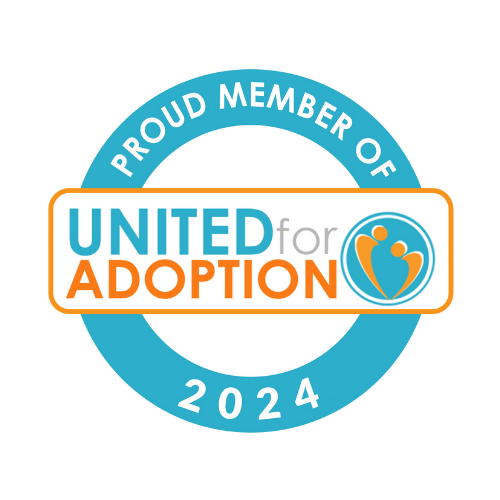THANK YOU FOR YOUR QUESTION!
Someone from our team will be in touch with you, shortly.
Going the Extra Mile
In Utah, each kinship family is required to participate in standardized training before becoming a licensed foster home. This is called “pre-service training” and comes in two parts: online video training—which is required—and classroom training—which is strongly encouraged.
During training, you’ll be introduced to skills that will help smooth the rough patches and speed the healing of a child in crisis—not to mention family ties and friendships.
Online Video Training
Classroom Training
Manuals & Other Resources
Online Video Training
The Original Interactive Learning Space
Required.
There are several videos that are required for licensure. They’re divided into two courses. There are comprehensive quizzes for both Course 1 and Course 2.
Course 1: Principles & Perspectives
Watch the videos below, then take quiz 1.
Pro-tip: print out the quiz and mark your answers while watching the videos—then enter and submit your responses via the web.
- Child Development & Parenting Perspectives | 17 Min
- Culture & the Foster Family | 13 Min
- Working with Primary Families | 17 Min
- Trauma: A Compassion-driven Approach | 14 Min
- Self-care: What I Wish I had Known | 17 Min
- Effective Discipline: A Trauma-informed Approach | 23 Min
- ReMoved (Movie Short): On Grief, Loss, & Attachment | 62 Min
Course 2: Policies & Procedures
Watch the webinars below, then take quiz 2.
Pro-tip: print out the quiz and mark your answers while watching the webinars—then enter and submit your responses via the web.
- Fostering Healthy Children | 43 Min
- Office of Licensing Rule | 36 Min
- Division of Child & Family Services (DCFS) Practice Guidelines | 115 Min
Classroom Training
Vital Information at Your Pace
Encouraged.
Each in-class session provides unique insights into the kinship family experience, situations you may encounter, solutions to typical problems, and many other topics important for those preparing to care for a child they know.
Class schedules are available from your Kinship Family Consultant (KFC).
Class Subjects
- Orientation/Team Building
- Child Development
- Trauma & Its Effects/Sexual Abuse
- Minimizing the Trauma of Placement
- Understanding Primary Families
- Managing Emotions & Behaviors/The Effects of Caregiving
- Long-term Separation/Adoption Issues for Families
- Transcending Difference in Placements
Manuals & Other Resources
Deeper Dives on Foundational Policies
- DCFS Practice Guidelines [PDF]
- DCFS Policy
- DCFS Forms
- Office of Licensing
- Office of Licensing Code of Conduct [PDF]
- Office of Licensing Home Safety Checklist [PDF]
- Office of Licensing Rule [PDF]
- Educating Youth in State Care [PDF]
- Children with Special Health Care Needs
- Utah Foster Adoptive Families Association [Facebook]
- Utah Family & Children Engagement Tool [PDF]
- Child Welfare Statutory Time Requirements Report [PDF]
- A Child’s Journey Through the Child Welfare System [PDF]
- Time Requirements for Dependency, Neglect, and Abuse Cases [PDF]





